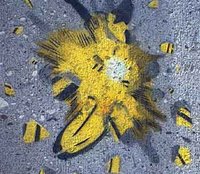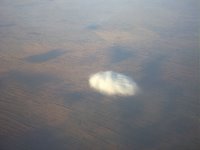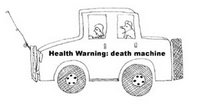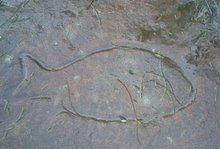 On limiting learning opportunities:
On limiting learning opportunities:
In Australia Leigh Blackall mentioned how the use of firewalls and network security in educational organisations prevents learners from taking part in the global architectures of participation. See also his Flickr collection.
James Farmer also mentions that 'edublogs are being blocked' and that it is happening 'all over the place.'
Stephen Downes from Canada suggests why this could be so.
D'Arcy Norman finds censorship evil:
"In the absolute best case scenario, this is simply a side effect of a lazy, outdated, authoritarian system trying to maintain the status quo. Instead of trying to educate people about information literacy, they decide it's easier to just block access to information Just In Case™."In the US David Weinberger points out an article how schools there crack down on learning bloggers.
"But, in a worst case scenario, open communication is essentially being outlawed in favour of a government-mandated censorship and filtering system. That has no place in modern society, especially in institutions of learning."
Vauhini Vara writes that The Electronic Frontier Foundation has a Bloggers' FAQ on Student Blogging which addresses legal issues (in the U.S.) arising from student blogging.
A Manifesto has been started by Leigh re 'effective change in Australian education' and 'affairs in Australia with regard to ICTs in education.'
Will these learners be able to acquire the digital network literacy and blog along in future workplaces?


















